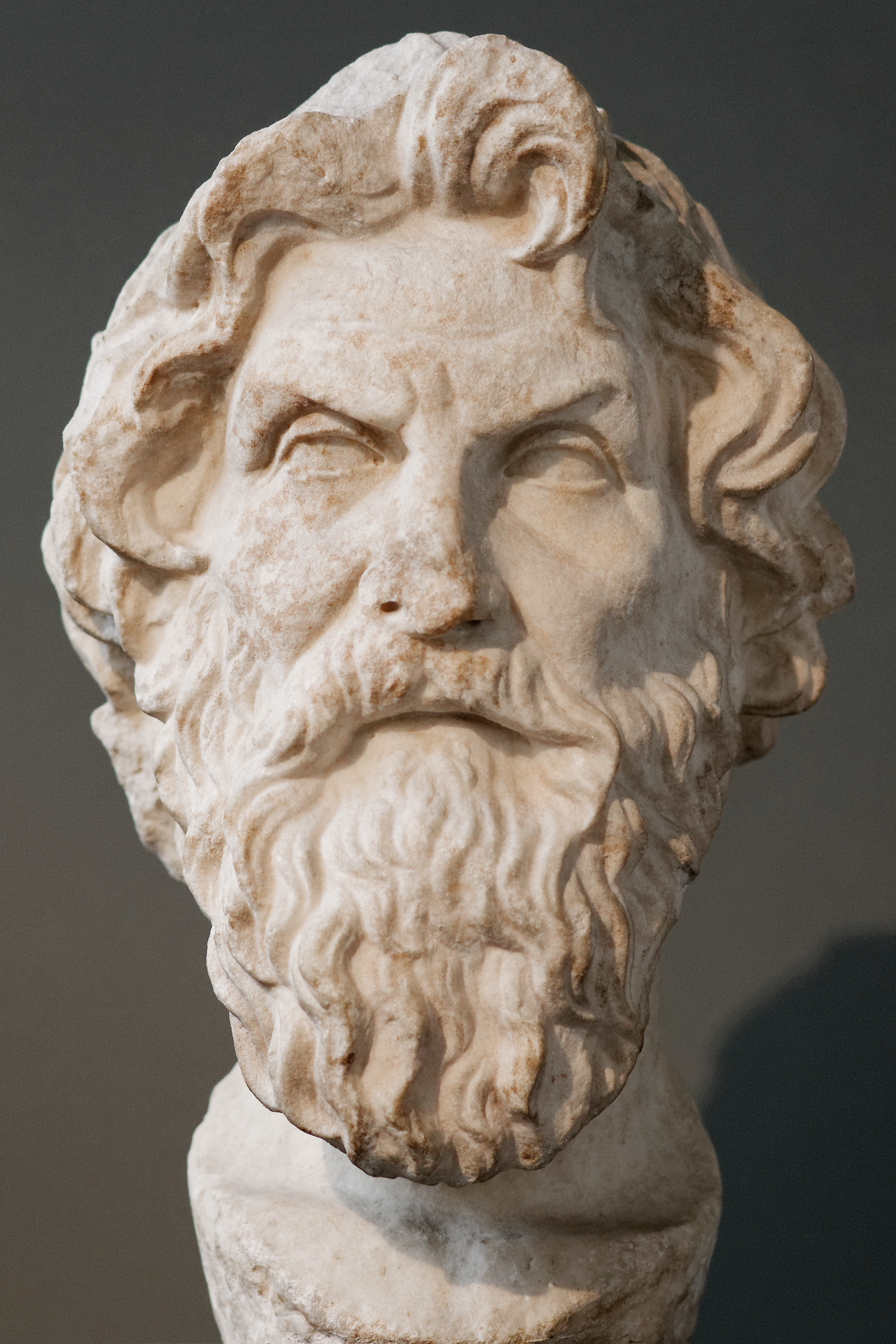“Un avaro non può mai essere virtuoso.”
Origine: Citato in G. B. Garassini e Carla Morini, Gemme, classe 5 maschile, Sandron, Milano [post. 1911].
Antistene è stato un filosofo greco antico.
Fu allievo di Gorgia e discepolo di Socrate, forse fondò la scuola cinica, così chiamata perché i cinici si riunivano nel Cinosarge, il ginnasio ateniese dove erano accettati anche i "semi-cittadini" , e per questo i suoi allievi furono chiamati Cinici . Probabilmente fu maestro di Diogene di Sinope ma non si hanno prove certe su ciò.

“Un avaro non può mai essere virtuoso.”
Origine: Citato in G. B. Garassini e Carla Morini, Gemme, classe 5 maschile, Sandron, Milano [post. 1911].
“Gli invidiosi sono divorati dal loro proprio carattere come il ferro dalla ruggine.”
Origine: Citato in 2005, VI, 5.
“The investigation of the meaning of words is the beginning of education.”
Arrian, Discourses of Epictetus, i. 17
“Pay attention to your enemies, for they are the first to discover your mistakes.”
§ 12
From Lives and Opinions of the Eminent Philosophers by Diogenes Laërtius
§ 7
From Lives and Opinions of the Eminent Philosophers by Diogenes Laërtius
§ 5
From Lives and Opinions of the Eminent Philosophers by Diogenes Laërtius
§ 5
From Lives and Opinions of the Eminent Philosophers by Diogenes Laërtius
§ 4
From Lives and Opinions of the Eminent Philosophers by Diogenes Laërtius
“Wealth and poverty do not lie in a person's estate, but in their souls.”
iv. 34
From Symposium by Xenophon
iv. 34
From Symposium by Xenophon
“Count all wickedness foreign and alien.”
§ 5
From Lives and Opinions of the Eminent Philosophers by Diogenes Laërtius
§ 4
From Lives and Opinions of the Eminent Philosophers by Diogenes Laërtius
“As iron is eaten away by rust, so the envious are consumed by their own passion.”
§ 5
From Lives and Opinions of the Eminent Philosophers by Diogenes Laërtius
§ 4
From Lives and Opinions of the Eminent Philosophers by Diogenes Laërtius
§ 5
From Lives and Opinions of the Eminent Philosophers by Diogenes Laërtius
§ 4
From Lives and Opinions of the Eminent Philosophers by Diogenes Laërtius
“I'd rather be mad than feel pleasure.”
§ 3; quoted also by Eusebius of Caesarea, Praeparatio Evangelica xv. 13
From Lives and Opinions of the Eminent Philosophers by Diogenes Laërtius
“States are doomed when they are unable to distinguish good men from bad.”
§ 5
From Lives and Opinions of the Eminent Philosophers by Diogenes Laërtius
“Ill repute is a good thing and much the same as pain.”
§ 5
From Lives and Opinions of the Eminent Philosophers by Diogenes Laërtius
“There is no work so mean, but it would amply serve me to furnish me with sustenance.”
iv. 35
From Symposium by Xenophon
“One should attend to one's enemies, for they are the first persons to detect one's errors.”
§ 5
From Lives and Opinions of the Eminent Philosophers by Diogenes Laërtius
“Virtue is the same for a man and for a woman.”
§ 5
From Lives and Opinions of the Eminent Philosophers by Diogenes Laërtius
“It is a royal privilege to do good and be ill spoken of.”
§ 3; quoted also by Marcus Aurelius, vii. 36
From Lives and Opinions of the Eminent Philosophers by Diogenes Laërtius